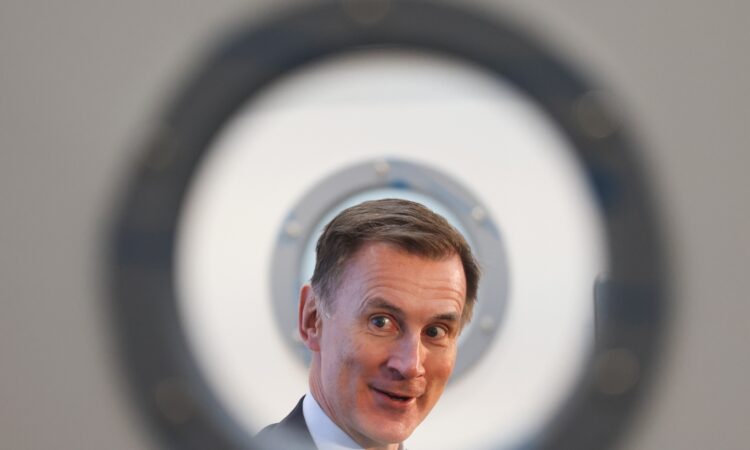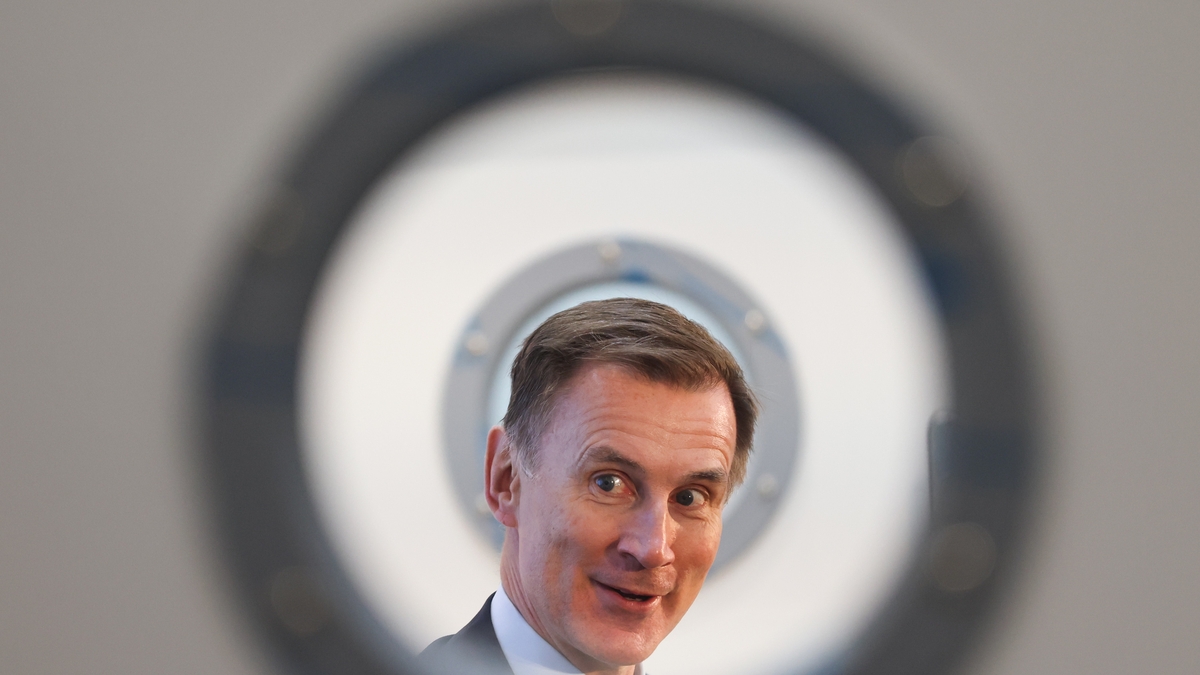
UK Pension Funds: The Decline in Domestic Equities Investment and the Way Forward

In a nation where pension funds once held sway over the equity market, the United Kingdom now sees a significant decrease in domestic investment. The three principal political parties — the Conservatives, Labour, and the Liberal Democrats — are all striving to encourage pension fund investments into UK businesses, a strategy they believe will spur national growth. However, their proposed solutions, including a new growth fund, a venture capital fellowship scheme, and fostering university spin-out companies, may not entirely resolve the underlying issues.
From Dominance to Decline: A Historical Overview
In 1997, UK-based institutional investors owned nearly 50 percent of all UK-quoted shares. Fast forward to the present, and their stake has shrunk drastically to a meagre 4 percent. This dramatic shift is not the result of market fluctuations or investor whims but can be traced back to specific government policies. Two critical factors stand out: tax and regulation.
The Impact of Gordon Brown’s Tax Raid
The pivotal year was 1997 when then-Chancellor Gordon Brown launched a tax raid on dividends paid to pension funds. This policy change, which initially raised £5 billion annually, ended up costing pensioners an estimated £250 billion over two decades. The tax raid not only depleted pension funds but also discouraged them from investing in British shares, leading to a significant drop in domestic equity ownership.
Regulatory Changes: The Shift towards Safety
Alongside the tax changes, regulatory shifts also impacted the investment landscape. Regulations started pushing pension funds towards fixed-interest holdings like government bonds, perceived as safer than equities. The emphasis on safety was understandable when most pensions were defined benefit, guaranteeing a specific income in retirement regardless of market performance. However, with the majority of current pensions being defined contribution, the focus on safety over performance may not serve the best interests of savers as equities tend to offer better long-term returns.
Reversing the Trend: A Call for Policy Change
The challenge now is to reverse this trend. Reforms need to be implemented that not only encourage investment in UK businesses but also address the core issue of why UK pension funds are reluctant to invest in UK equities. The government should consider reversing Brown’s tax raid and reforming regulations to allow savers to have more balanced portfolios. These changes could help protect against inflation and provide better returns in the long run.






